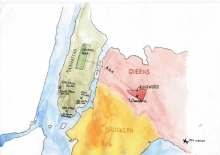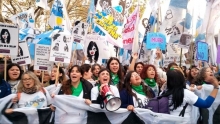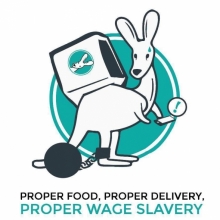Social Movements
-

- Read more about Call for Papers: Art and Housing Struggles: between art and political organising
- Comments
First Announcement and Call for Papers:
Art and Housing Struggles: between art and political organising
A collection of notes, written by a waitress, regarding the mouvement sociale contre le loi du travail (the social movement against François Hollande's labour law) in 2016 in France. La Serveuse chronicles events from the movement’s beginnings in March onward.
Southwark Notes on the early bloom of London housing struggles in 2015. Reposted from: https://southwarknotes.wordpress.com/2015/02/21/regeneration-is-violence/
Mikkel Bolt analyses the many global shades of reformism and revolution in an extended discussion of 'what is to be done with the crisis, capitalism and the revolution, beyond the avant-garde, reformism and the multitude'
Five notes towards averting the most ideologically polarised reactions to Syriza’s victory in Greece (mostly for those not from Greece)
1) Syriza did not win because of Tsipras’ ‘charisma’ or thanks to their winning populist political discourse. They also did not win as part of a surge in social struggles.
Tsipras is not a particularly rousing speaker, nor are most of the leading members of Syriza. Syriza is also not a ‘mass party’ akin to what PASOK had been in the 1980s.
Mute Books Orders
For Mute Books distribution contact Anagram Books
contact@anagrambooks.com
For online purchases visit anagrambooks.com










